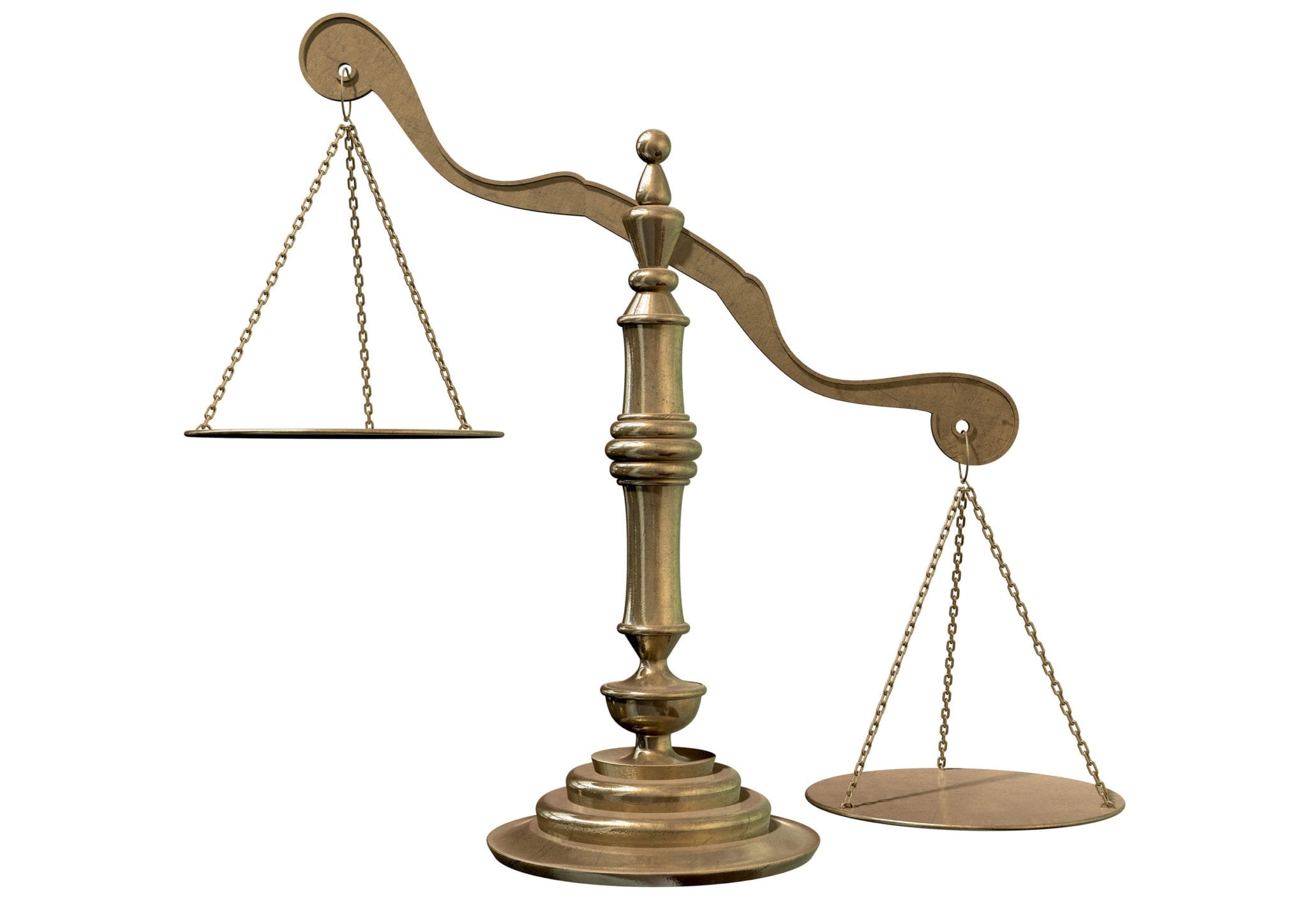So you or a loved one has been charged with a drug crime in North Carolina. You’re probably feeling stressed, to say the least.
When the heat is on, a plea deal might seem the easiest route – too good to be true, even. On the other side of the coin, you might find the prosecution’s offer downright insulting.
In any case, before you make any life-changing decisions, take a moment to sit back and reflect. Learn here about how plea bargains happen and what your offer might actually mean for you.
What Exactly Is a Plea Bargain Anyway?
A plea bargain is an agreement made between a criminal defendant and prosecutors in order to avoid going to trial. Most court cases (up to 95 percent) result in plea bargains.
For federal drug charges specifically, the ratio is even higher.
The two most standard types of plea bargains offered in North Carolina drug cases are that the defendant pleads either guilty or no contest. In exchange, the prosecutor dismisses or reduces charges, or recommends a lighter penalty for agreeing.
The essence of any plea deal is that you are agreeing to give up your right to a trial by jury in exchange for a guaranteed lighter sentence.
When Is a Plea Deal Usually Offered by NC Prosecutors?
Most of the time, plea bargains are offered by prosecutors when they are confident that they can achieve a conviction with the evidence they have.
Even when the evidence seems stacked against a defendant, jury trials involve juries: twelve usually-untrained people who may not react the way a prosecutor expects. So, prosecutors offer plea bargains as a way to hedge their bets.
A plea deal amounts to a guaranteed conviction. It improves their court records and prevents someone they believe to be a criminal from walking away without penalty when a jury decides “not guilty.”
Why Do 95 Percent of North Carolina Cases End in Plea Bargain?
The sheer caseload volume almost commands it. If every criminal case had to be solved through a jury trial, then it would take years or decades for every case to be tried. Unfortunately, plea bargains are an effective method to keep an already gummed-up court system moving.
Another tactic along the same lines is to offer plea bargains when a case involves more than one person. In an otherwise standstill, prosecutors are known to offer plea bargains to one person in order to secure testimony against another.
This can also help prosecutors gain informants – giving some people lenient sentences in exchange for information from their organization.
What Types of Plea Bargains Do NC Drug Prosecutors Offer?
There are several common plea bargain scenarios for North Carolina drug crime charges. Here are three of them:
- Dropping to charges without mandatory minimums
- Agreeing not to file prior felony information before sentencing
- Threaten a push for maximum sentencing if the case goes to trial
Offer #1: Agreement to Forego Sentencing Mandatory Minimums
Most drug crimes today have mandatory minimum sentences, as a result of the War on Drugs. However, there are some that do not. In drug crime plea bargains, prosecutors charge defendants with crimes that have mandatory minimums but offer to reduce these to charges without minimums.
Offer #2: Decision to Forego Filing Criminal History Before Sentencing
Prosecutors may also choose whether to file prior felony information before the sentencing. This can affect whether sentencing for a crime is the first-offense penalty (more lenient) or a stricter re-offender penalty.
Offer #3: Threat to Push for a Heavier Hand at Sentencing Upon a Trial
Finally, for many drug crime charges (including possession charges) prosecutors will threaten to push for higher penalties if defendants do not accept the plea bargain. Here, they assume most people will take a lower penalty instead of rolling the dice on decades in prison.
Pros and Cons of Taking a Plea Deal in North Carolina
The pros of taking a plea bargain are simple. You know exactly what your sentence will be, and you are likely to receive a much lighter penalty than your original charges incur. You also may build goodwill by “admitting” you did wrong.
The cons are more complicated. Let’s take a closer look…
- When innocent, taking a plea bargain marks you as guilty of a crime you didn’t commit.
- By giving up your right to a trial by jury, you lose your chance of acquittal.
- You also may receive higher penalties than necessary even if you did commit a crime.
- The reduced sentence offered still may be higher than legally necessary for any drug crimes for which you are responsible.
Ultimately, deciding on a plea bargain should take much more thought than you may be allowing yourself. Frankly, accepting a plea bargain isn’t always necessary. You have a constitutional right to and are owed a fair trial by jury.
If you have questions about a plea bargain you have been offered, or think the deal is unfair, reach out to an experienced NC plea deal attorney to advise and help you request a fair trial.










